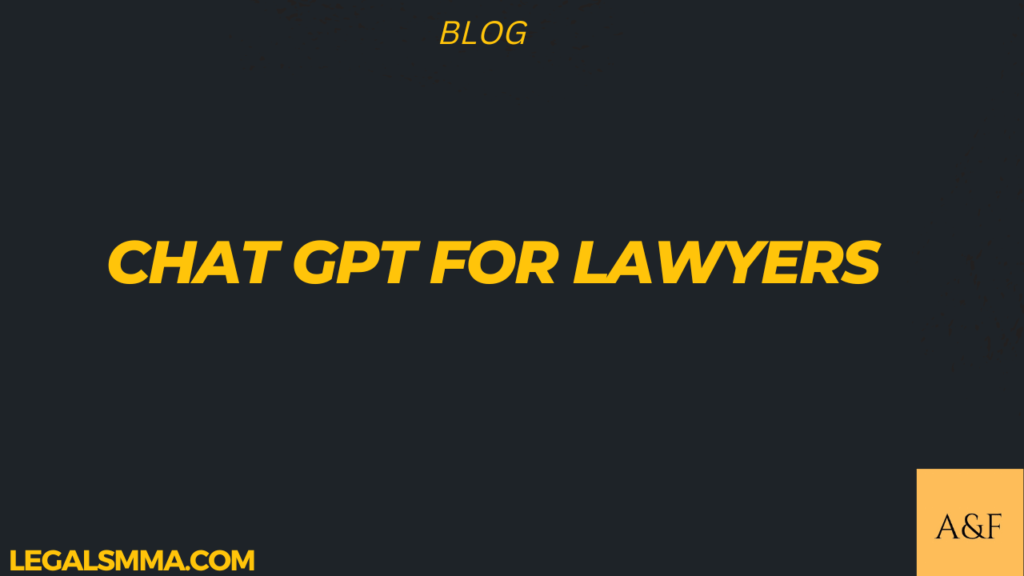As lawyers, we’ve all been there. We’re stuck in a seemingly endless cycle of tedious paperwork and must get out quickly to manage the rest of our workloads. How can technology help us break free? Enter chat gpt for lawyers – an AI-driven application that could revolutionize how legal professionals work.
Chat gpt stands for “general purpose text” and is explicitly designed to assist lawyers with daily tasks. It uses natural language processing (NLP) which helps it understand what you are saying and provides personalized responses tailored to your needs. This means no more searching through pages of legal documents or trying to remember complex legal terminology. Instead, you can type in a question or command and get an accurate answer immediately.
The advantages of using chat gpt for lawyers don’t stop at improved efficiency either; this innovative tool also offers greater accuracy and security when compared to traditional methods, ensuring your data remains safe from external threats while providing quick access to the information you need. With its user-friendly interface, intuitive design, and comprehensive features, chat gpt could be just the thing to streamline your law practice.
What Is Chat Gpt?
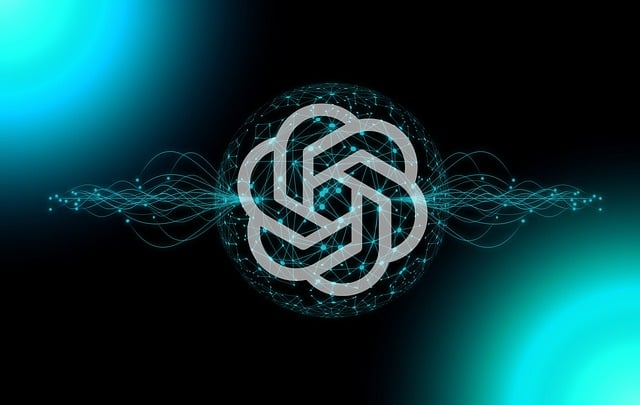
Chat GPT is an artificial intelligence technology that provides automated messaging and customer conversations for legal services. It uses natural language processing (NLP) to interpret user inquiries in real time, delivering responses based on the rules programmed by lawyers. Chat GPT helps streamline communication between clients and attorneys, enabling more efficient customer service with fewer manual labor hours spent on mundane tasks such as responding to frequently asked legal questions alone.
Chatbot technology has revolutionized the legal industry, allowing lawyers to focus on complex cases while providing excellent customer service. Automating simple conversations, it allows customers to access information quickly without having to wait for an attorney’s response. Additionally, it reduces the cost associated with traditional methods of obtaining legal advice since no lawyer fees or travel expenses are involved.
As a result, many law firms have incorporated Chat GPT into their operations to provide a better client experience and increase efficiency. This technology can be used for various legal services, including contract review, estate planning, personal injury claims, family law matters, etc. With its ability to save time and money while improving customer satisfaction, Chat GPT has become an invaluable asset for numerous law firms worldwide.
Benefits Of Chat Gpt For Lawyers
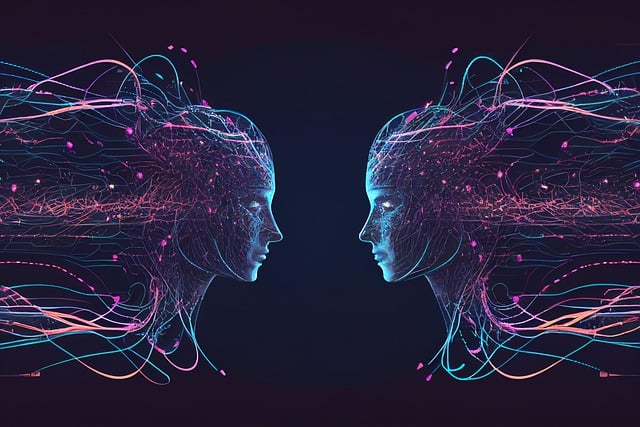
The modern-day lawyer is expected to tackle an ever-increasing workload and tight deadlines. But what if there was a way to increase productivity for lawyers? Enter chatbot technology – providing automated support, streamlining processes, and improving communication efficiency between attorneys and clients!
Chatbots are software programs that can be used as a conversational interface, allowing users to interact with them through natural language processing (NLP). By utilizing this technology, lawyers can save time on mundane tasks such as booking appointments or filing and drafting legal documents. In addition, chatbots provide valuable insights into the legal process by offering quick access to relevant information without having to search extensively. This saves both time and effort in the long run.
Moreover, chatbot technology helps lawyers build trust with their clients by demonstrating competence and enhancing customer service. Clients can easily ask questions or get clarification regarding specific cases without waiting for their attorney’s response. This increases client satisfaction while also increasing lawyer productivity!
ChatGPT offers a powerful solution for leveraging AI-driven automation tools for lawyers. With its intuitive user interface, ChatGPT makes it easy for attorneys to automate various aspects of their workflow – including document creation, case management and billing. Plus, ChatGPT’s advanced analytics capabilities help identify potential areas of improvement within legal teams so they can better optimize their resources. ChatGPT provides an efficient way for law firms to maximize their effectiveness while reducing costs associated with manual labor!
Challenges In Implementing Chat Gpt
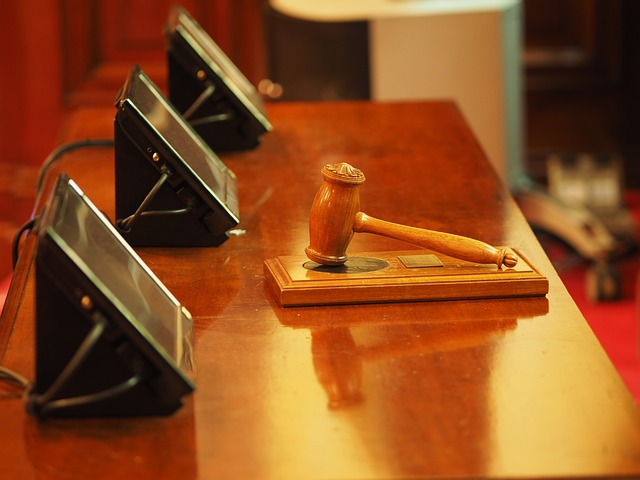
Despite its many benefits, implementing Chat GPT for lawyers can pose challenges. Integrating a chatbot into existing legal processes requires extensive planning and effort from IT teams and legal personnel. Secondly, there are potential risks associated with using automated systems to handle sensitive information or answer complex questions that require specialized knowledge and legal expertise. Finally, there is also the need to ensure compliance with local data privacy and security regulations.
Here’s a list of 3 key points when considering the challenges in implementing Chat GPT:
– Adopting an AI-based solution may be time-consuming due to integrations needed within existing systems
– There is potential liability risk if client confidential data leaks out through a chatbot implementation
– Lawyers must consider legal professional ethical implications when utilizing automation for their practice
Therefore, any lawyer considering automating workflows should weigh the pros and cons before committing resources to chatbot implementation. They should consult experts specializing in legal technology or artificial intelligence solutions and ensure they understand all local laws surrounding data privacy and security issues related to such implementations. By taking these steps, lawyers can successfully incorporate Chat GPT into their workflow while ensuring the safety and privacy of clients’ sensitive information.
Key Features And Capabilities Of Chat Gpt
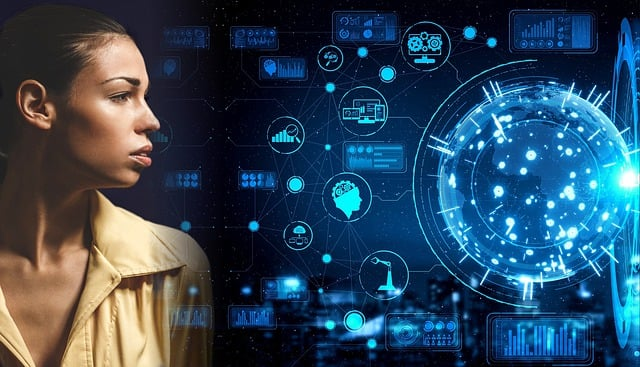
Chat GPT for Lawyers is a powerful tool that can revolutionize the legal field. It’s like having an extra lawyer in your pocket, ready to provide accurate answers and automated responses quickly. This chatbot has critical features and capabilities make it stand out from similar solutions.
First, Chat GPT for Lawyers uses natural language processing technology to understand complex conversations and respond with relevant information. Its smooth and intuitive conversation flow allows users to ask questions in their own words without worrying about using technical jargon or precise legal terminology. Additionally, this chatbot can perform legal research on demand, giving lawyers access to up-to-date legal data, in just seconds.
Aside from providing quick answers and conducting legal research, Chat GPT for Lawyers also offers a variety of customization options. For example, lawyers can set up custom scripts so the bot will generate more tailored responses based on specific criteria. They can also modify settings such as response speed and accuracy levels according to their preferences. These features give lawyers greater control over how the chatbot interacts with clients or colleagues.
Chat GPT for Lawyers is an invaluable asset for any law firm looking to streamline its workflow while remaining compliant with industry regulations. With its advanced artificial intelligence algorithms, comprehensive legal database, and customizable options, this solution provides an efficient way to manage client interactions while staying abreast of current developments in the law profession.
Automation And Customization Options

Chat GPT for lawyers provides a range of automation and customization options that enable legal professionals to optimize their workflow. It allows them to customize their client interactions while automating the mundane tasks of running an efficient law practice.
| Attribute | Benefit |
|---|---|
| Automation | Saves time & energy |
| Customization | Optimize client experience |
| Options | Maximized efficiency in workflow |
These features offer many advantages, such as improved security, enhanced productivity, greater scalability, and cost savings. They also help lawyers stay organized by providing reminders about critical deadlines and other essential tasks related to their cases. Additionally, Chat GPT helps reduce paperwork and administrative costs associated with managing a law firm.
Automation and customization options can significantly benefit legal professionals looking to streamline their processes and make better decisions. This tool can improve communication between themselves, their clients, and any third parties involved in the case. This ultimately leads to better outcomes for everyone involved.
Chat GPT offers an innovative solution for busy legal professionals who want to remain competitive in today’s ever-evolving market environment. By utilizing its cutting-edge features, users have access to powerful tools which enable them to maximize efficiency in their workflow while ensuring optimal client satisfaction levels at all times.
Artificial Intelligence Applications
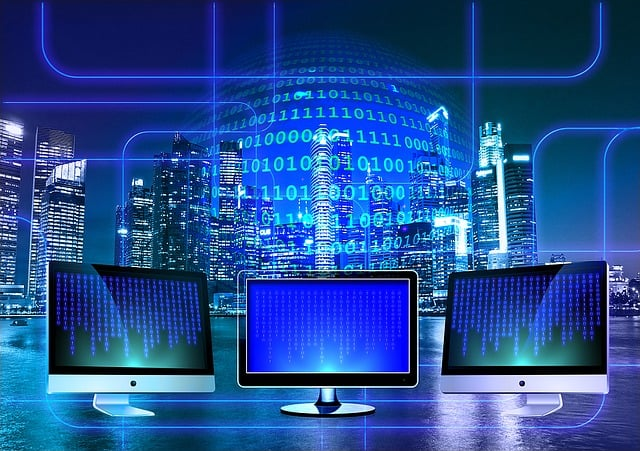
To take the conversation to a whole new level, Artificial Intelligence (AI) applications are becoming increasingly popular among lawyers. AI technology is revolutionizing the legal industry by offering invaluable tools and intelligent assistants that help lawyers save time and money. From automating everyday tasks to streamlining workflow processes, AI-powered tools significantly impact how law firms work.
Bullet Point List
* Legal AI can automate mundane administrative tasks such as document management and data analysis draft legal documents, giving attorneys more time to focus on client strategy.
* Machine learning can generate insights from large amounts of data helping lawyers identify relevant evidence faster than ever.
* Intelligent virtual assistants can be deployed in customer service roles or chatbot systems, providing clients with information quickly and efficiently.
* AI-driven analytics can also predict outcomes so lawyers can make informed decisions about case strategies beforehand.
These powerful technologies allow lawyers to leverage their time more effectively and handle complex cases involving multiple parties more easily than manual methods would otherwise permit. In addition, AI provides an opportunity for cost savings by reducing labor costs associated with repetitive or low-value activities, which allows companies to scale up operations without sacrificing quality or affordability. All these advantages demonstrate why it’s no surprise that many organizations have started investing heavily in artificial intelligence applications for use in their legal departments.
Security Considerations

Security is a major concern for lawyers when using chat-based AI solutions. Adequate security protocols, data encryption, and authentication methods must be in place to protect confidential client information. To ensure that all communications remain secure, it is recommended that the chatbot platform use strong data privacy measures such as two-factor authentication and cloud storage of all conversations.
AI chatbots should also include features such as audit logs which can record all activity on the platform, including user accesses and modifications to key elements within the system. This allows any potential breaches or suspicious activity to be identified quickly. It is also essential that the chatbot has mechanisms in place to alert users if any changes are made to their account settings or other sensitive information stored within the platform.
To protect against cyber threats, legal teams need an effective strategy for managing access rights and privileges for staff members who may need access to sensitive customer data through a chatbot. Security policies should also be established regarding communication with clients and third parties over the platform. Regular reviews of these procedures will help maintain high levels of security in the system.
Cost Analysis
Having discussed the security considerations of implementing chat GPT for lawyers, it is prudent to address the cost analysis associated with such a decision. Like all investments, there are both costs and benefits which must be weighed accordingly. To illustrate this more effectively, let us take a look at a 3 column 4 row table below:
| Cost | Lawyers | Chat GPT |
|---|---|---|
| Initial Investment | High | Low |
| Ongoing Costs | Medium-High | Low-Medium |
| Speed & Efficiency | Slow & Inefficient (in some cases) | Fast & Efficient (in most cases) |
| Return on Investment | Variable/Low (in some cases) | Moderate-High (in most cases) |
It is evident that initial investment for hiring lawyer services can be high compared to using a chat GPT solution; however, ongoing costs tend to taper off as time progresses. On the other hand, while having lawyers work on projects may seem cost-efficient in some instances, their speed and efficiency will not necessarily match that of a well-trained chat GPT system. This could lead to lower returns on investment over time than what would otherwise be expected from utilizing chat GPT technology instead. Running legal-cost-analysis and lawyer-cost-efficiency analyses should always be done beforehand to ensure maximum benefit from each option before making decisions regarding implementing either method. Additionally, those looking to implement chat GPT technology should thoroughly examine potential savings in terms of money and time by engaging in detailed chat gpt costs analysis before investing. Doing so will help avoid costly mistakes due to a lack of knowledge or research into available options surrounding lawyer cost efficiency.
Implementation Process
Chatbots for lawyers are becoming increasingly popular as legal professionals look for ai tools to streamline their workflow and increase automation capabilities. The implementation process of a chatbot requires careful consideration to ensure data privacy and security while utilizing cloud computing technologies.
The initial step of the implementation process is identifying an appropriate platform that best suits your organization’s needs, such as Microsoft Bot Framework or Amazon Lex. Selecting a secure, reliable solution that meets all industry standards is essential. Once you’ve selected a platform, you’ll need to design the flow of conversation and logic within the chatbot according to what tasks it should be able to perform. This may include setting up automated responses for frequently asked questions or allowing users to enter complex requests by providing forms with specific fields.
Once you have designed the bot’s conversational interface, it’s time to deploy it across multiple channels like messaging apps or websites. Integration tools that provide pre-built connectors for different services must be used. Additionally, metrics can be collected via analytics dashboards to make improvements over time based on user feedback and usage statistics.
The culmination of using a chatbot and GPT for legal analysis by lawyers is like reaching the peak of a mountain. Even though there may be rugged terrain, the result can offer a fantastic view from the top that wouldn’t have been available without it. Chatbots and GPTs provide attorneys with valuable legal advice in unprecedented ways.
Chatbots allow clients to get quick answers to their questions and connect them with resources they might not otherwise have access to. On the other hand, GPTs can generate accurate reports on any legal case or legal document due to their natural language processing capabilities. These two technologies create a powerful combination that will help attorneys give better counsel than ever before.
Lawyers who use this technology can now understand their cases more quickly and efficiently while providing clear guidance to their clients. The future of law is brighter because of this innovation, allowing attorneys to make decisions faster and deliver results sooner than ever before.
About Us
So where does A&F fit into all of this? To break it down for you, our agency specializes in developing unique and effective legal marketing strategies to help you stand out in the competitive legal market and attract more clients to your practice.
Chat with our expert today and get a fully SEO-friendly website design that will build your online presence and increase your chances of getting through to your next potential customer. Book a free consultation with us!
Our Recommendations
Chat GPT is an innovative tool that can revolutionize how lawyers work, but it’s essential to consider all the details before investing in this technology. Security should be a top priority for any lawyer looking into Chat GPT, as well as cost and implementation speed. Customization options are also worth considering when making your decision.
If used correctly, the Chat GPT can help provide significant benefits in terms of efficiency and organization for legal professionals. By evaluating my needs, comparing features and prices, and researching security protocols, I have made informed decisions about whether Chat GPT suits me.
Chat GPT has many potential uses within the legal profession, which could help streamline processes, improve data accuracy and reduce costs. By carefully weighing up all of these factors ahead of time, you’ll be sure to get the most out of this powerful tool!
Frequently Asked Questions
How Secure Is Chat Gpt For Lawyers?
Data security solutions play an integral role in protecting critical assets for lawyers worldwide; choosing the right one requires careful consideration and research into the various options available today in the legal context. With proper implementation, chat gpts can offer robust protection for individual attorneys and entire law firms, but only if best practices are adhered to strictly at every stage.
What Is The Cost Of Implementing Chat Gpt?
Regarding the cost of implementing chat gpt, several factors can influence the price tag. From software licensing fees and hardware costs to IT staff time, understanding what goes into the implementation process can help lawyers determine whether this technology suits their practice.
Does Chat Gpt Require Any Specific Type Of Hardware Or Software?
In terms of hardware requirements, these are minimal. Generally speaking, all that’s needed is a computer or laptop with an internet connection and access to a web-based version of the GPT chatbot or its dedicated app. Of course, this must also include accessories like a printer if desired. Furthermore, depending on how many people will be accessing the system simultaneously, more powerful machines might be necessary, but chat GPT does not require complex setups.
Software-wise, again, there won’t be much to worry about as most solutions come preloaded with everything needed for successful deployment. That said, though, lawyers should ensure their device has up-to-date security patches installed and antivirus protection so information can remain secure from unwanted third parties. Additionally, some platforms offer integration with other existing systems, which could bring even greater benefits when it comes to efficiency gains and cost savings down the line – something else worth considering during the implementation stages.
Overall, while there may only seem like slight differences between different types of hardware and software used by lawyers when implementing GPT chatbots into their practice, careful consideration should still go into what kind of setup best suits individual needs now and going forward.
How Much Customization Is Possible With Chat Gpt?
Chat gpt offers various ways of customizing the platform to suit each lawyer’s unique requirements. From implementing specific user interfaces or interactions to designing custom dialogues and conversation flows, these tools allow extensive personalization beyond simply plugging keywords into predetermined templates. The ability to customize allows lawyers to craft a personalized dialogue that is tailored precisely to their client’s needs and interests – making every interaction more engaging and memorable.
How Quickly Can Chat Gpt Be Implemented?
Chatbot GPT implementation is a crucial consideration for any lawyer using this technology. The time needed to get up and running with chatbot GPT can be pretty short, depending on the complexity of the system being implemented.
To sum up, Chatbot GPT offers an array of benefits for attorneys, but determining suitable implementation times requires careful planning based on individual needs. Taking stock of all relevant considerations facilitates successful deployment while ensuring that expectations around delivery remain realistic.

